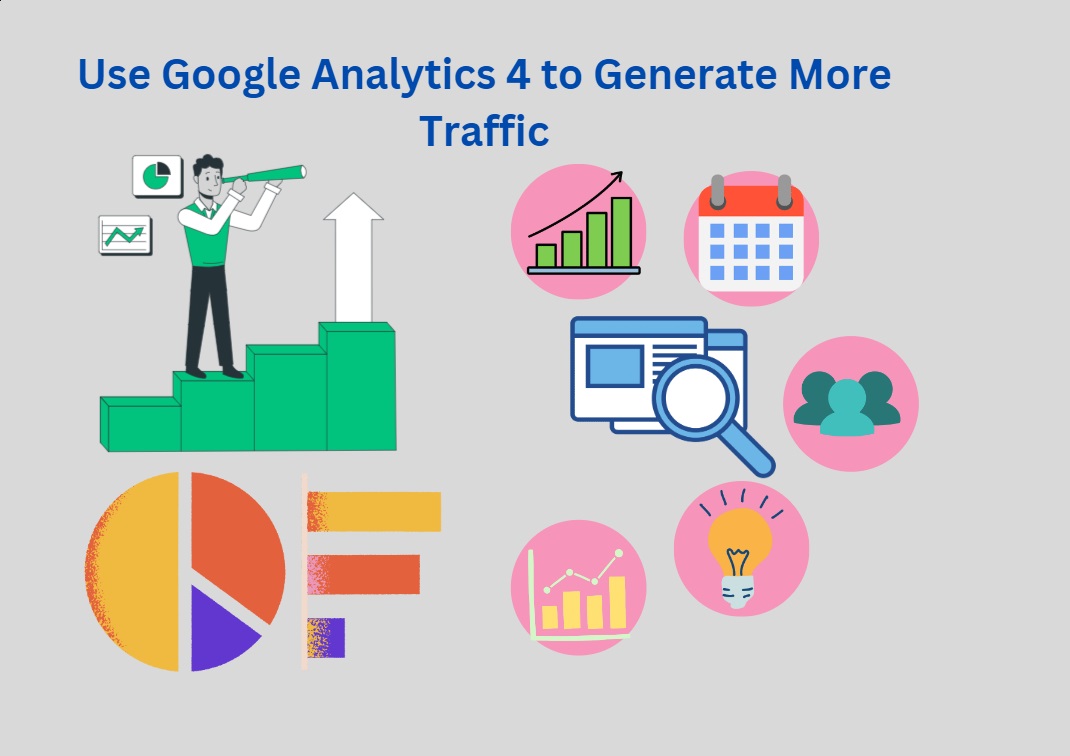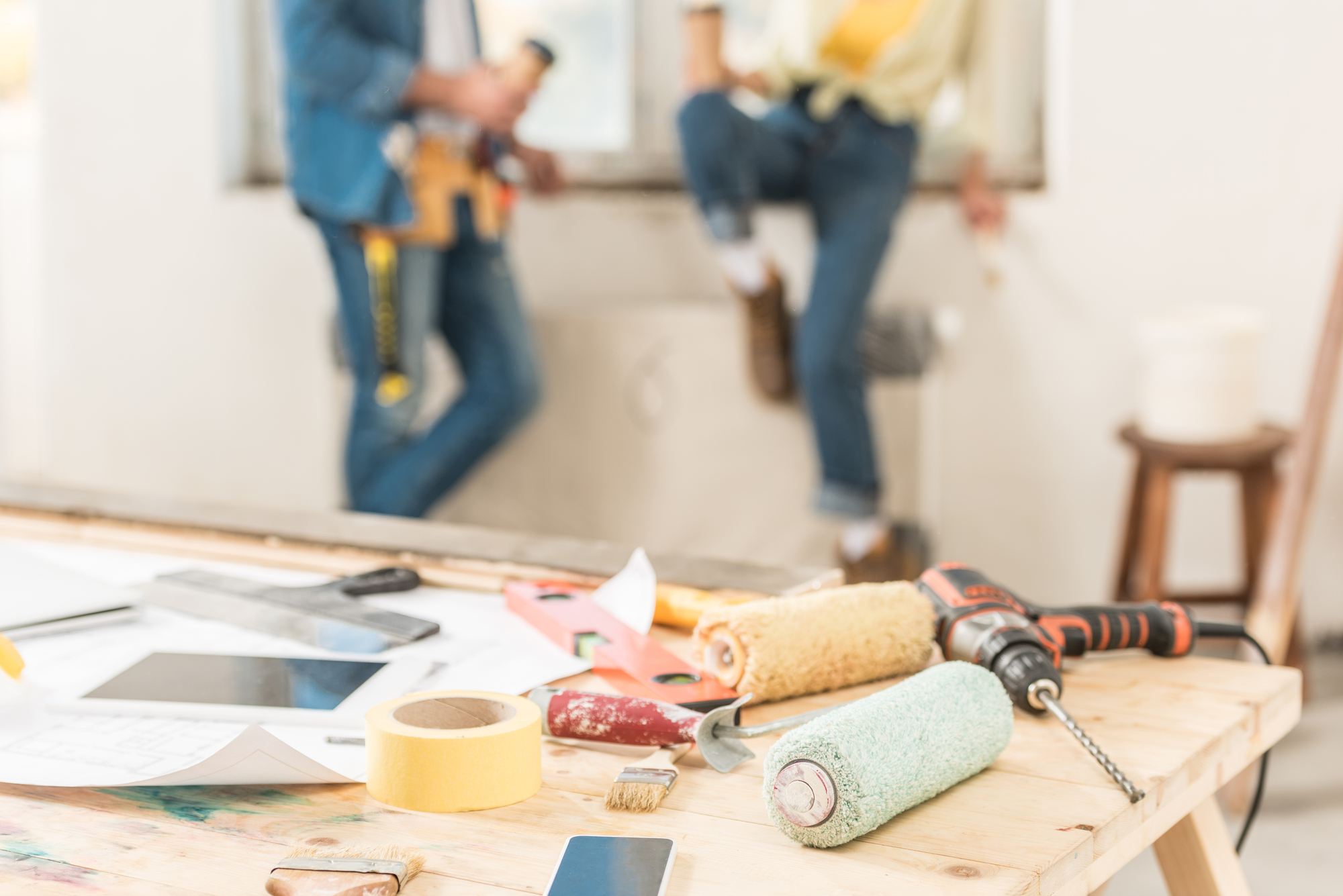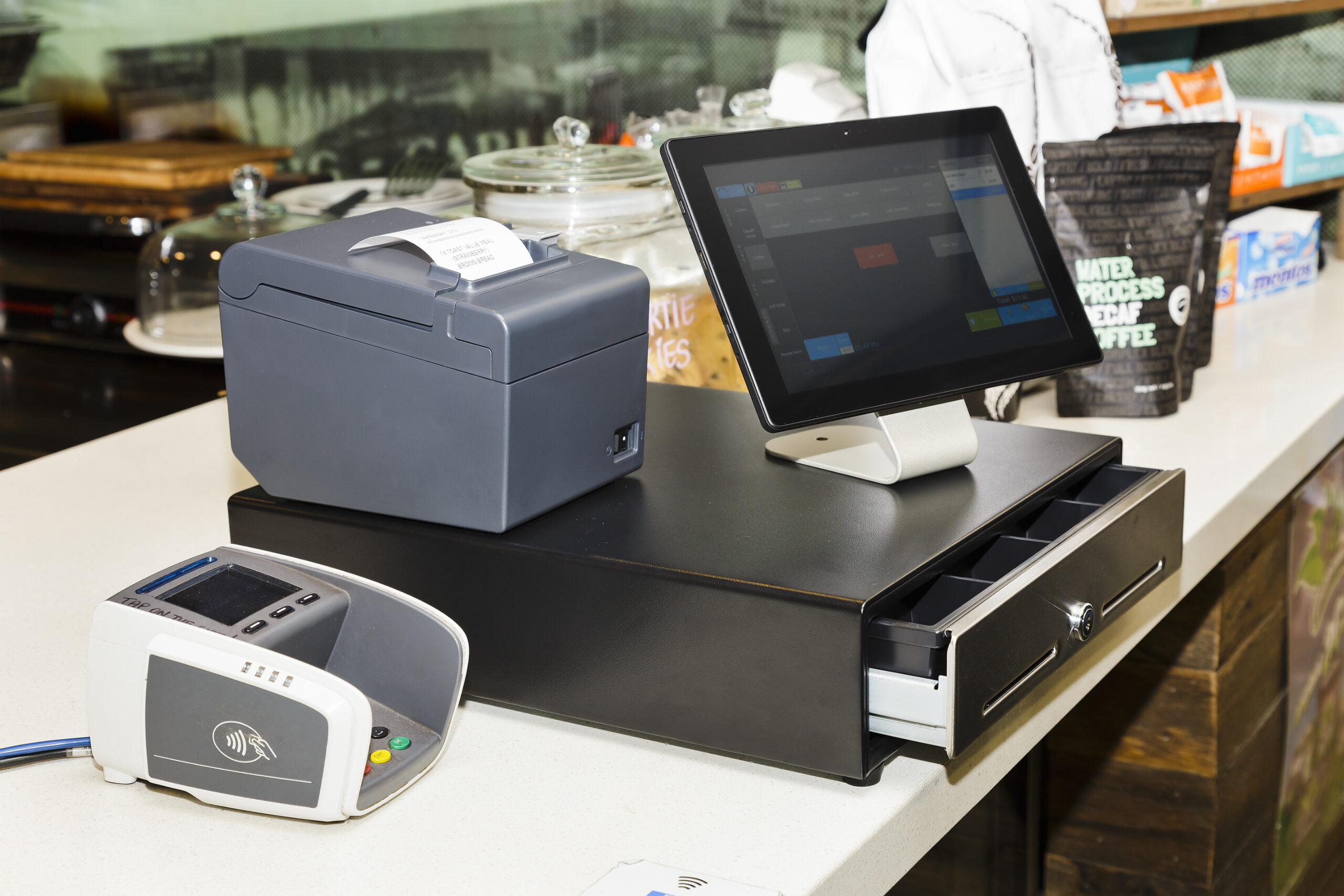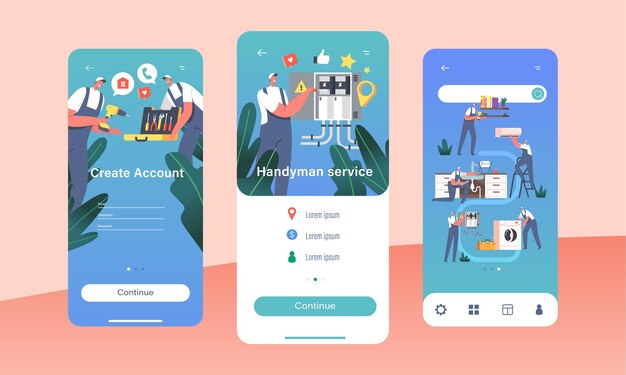UV Rays and Your Eyes
Just because you can’t see something, doesn’t mean it can’t hurt you. Back in the day, that might not have been so obvious, but today, with our knowledge of microbes and viruses, it’s obvious; that’s why we pay such close attention to sanitation. We don’t want to get sick! It’s a shame that we’re not so cautious about our eyes, though. We know for a fact that ultraviolet radiation can seriously damage our skin, but we tend to pay less mind to the damage it can do to our eyes; after all, there’s no ocular sunscreen you can rub into your eyeballs for your beach day.
UV Damage
The truth is, UV rays can damage your eyes in a number of different ways. The first thing we’re going to look at is a phenomenon known as photokeratitis. You’ve probably heard of it before, but it might have been called snow blindness. The condition is caused by intense UV rays damaging your eyes; you might think of it like sunburn on the eyes.
Folks often think you can only get photokeratitis from snow, but that’s not at all the case; all kinds of reflective surfaces can cause damage to your eyes, including sand and water. You might also get the condition if you stare at the sun; say, if you’re trying to watch a solar eclipse without the right protection.
Photokeratitis is one of the more immediate impacts from UV exposure; you’ll experience the symptoms, including pain, a gritty feeling, and even temporary vision loss, within a few hours to a day after exposure. The more insidious problems with UV won’t be those you notice right away; UV rays can cause a slow, irreversible deterioration in the quality of your vision.
UV rays can cause a number of eye diseases; these conditions occur slowly, as the eye absorbs more and more UV rays, so you’ll usually begin to see signs and symptoms as you age. Cataracts, which occur because the lenses of your eyes get cloudy as they absorb UV radiation, is one of the more common eye problems you’ll see as a result of UV exposure. Macular degeneration, the leading cause of irreversible vision loss in folks over 60, is exacerbated by UV rays. Age related eye diseases are one of the most important reasons to get your eyes tested regularly, and to avoid UV exposure.
There are a few other eye conditions that can be caused by UV rays. Unfortunately, most folks aren’t even aware these problems exist, let alone aware of what they can do to prevent damage to their eyes. Fortunately, there are a few solutions. UV rays are classified in three different bands: UVA, UVB, and UVC. UVC is almost entirely blocked by the ozone layer, so as long as we preserve that, you don’t have to worry about them as much. UVB is the main problem, while UVA contributes to vision loss over time. So long as we can block these rays from reaching our eyes, we’ll be okay; and fortunately, we can.
How to Block UV Rays
As we mentioned above, there’s no sunscreen for your eyes. You can try other methods, like wearing wide-brimmed hats, but that’s not going to stop any reflective materials from shooting those rays straight into your eyes. What you need is something designed to stop the sun, and what better for that than high-quality sunglasses.
There are a few key qualities you want to look for to protect against UV rays. The first is UV protection, but don’t settle for sunglasses that say “UV Protective”; pretty much any solid surface is UV protective, to an extent. You want to look for 100% UVA and UVB protection, sometimes billed as UV 400, or simply 100% UV protection.
The other thing you want to look at for maximum protection is wraparound sunglasses. These are best because they protect your eyes from all angles; after all, UV rays don’t just hit you head on.
Finding the right UV protection can be a bit tricky; shadier companies will advertise UV protection, without it necessarily being true. That’s why it’s good to invest in high quality sunglasses; Kate Spade or Tom Ford would never advertise 100% protection without it being true.
Another advantage to shopping high quality brands is that they’ll be incredibly stylish, all while providing you the protection that you need. You might have had a hard time finding wraparounds that go with your look, but when you start shopping brands like Gucci, Oakley and Guess, you’ll find a wide assortment of incredibly fashion forward wrap around sunglasses.
Finally, a focus on quality is a must; you don’t want to shell out for sunglasses only to find them falling apart within a year. When you shop high quality brands, their very brand name is on the line, so they’re heavily invested in providing you with a long-lasting, well built product. A company like Burberry didn’t build its name on cheap wares; they were built on creating unique, well-constructed products; labours of love.
You might wear your sunglasses all day long, but you probably won’t wear your sunglasses at night, and you almost certainly won’t wear them all day long in your home. How do you stop UV rays when you’re inside? The best way is to get windows that protect against UV rays; at this point, they’re widely available, and incredibly effective. The nice thing about these windows is that they passively block UV rays, so they’re more or less set and forget. For those who can’t afford brand new windows, you can use sun blocking curtains; they’re more affordable and quite effective, though it can be a bit drab when you want to let the light in.
Hopefully you’ve come away with a better understanding of how UV rays affect your eyes, why blocking them is important, and how to block them. Keep your eyes protected, so you can see well for years to come.











